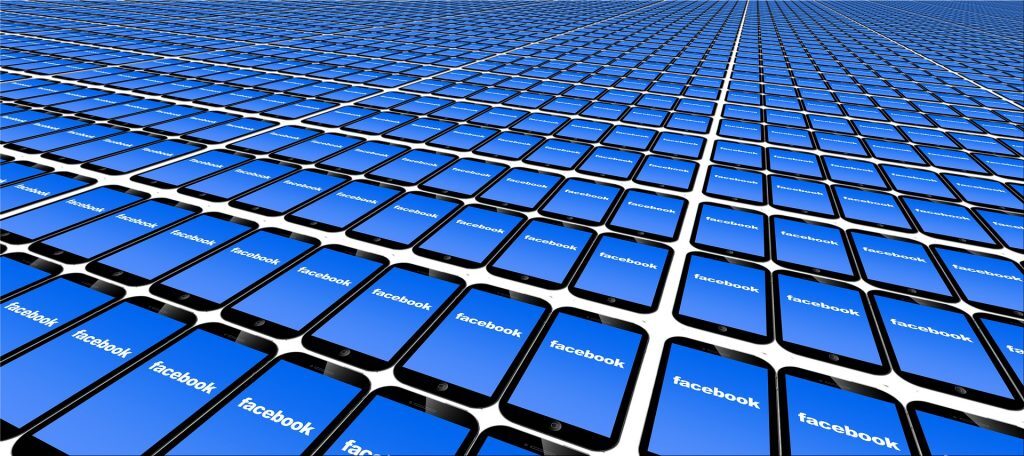What was the biggest tech billionaire slap down last week? Was it SpaceX CEO Elon Musk’s snipe at Amazon’s Jeff Bezos over his plans to get his rival space company to land on the moon?
Or was it Facebook co-founder Chris Hughes’ call for it to be broken up?
In a blistering 6,000-word opinion piece he details the evolution of his Harvard dorm roommate Mark Zuckerberg from the person he “watched hug his parents …at the beginning of our sophomore year” to the man whose “influence is staggering, far beyond that of anyone else in the private sector or in government”.
Hughes pointedly calls Zuckerberg “human” and a “good, kind person” but stresses that “it’s his very humanity that makes his unchecked power so problematic… I’m angry that his focus on growth led him to sacrifice security and civility for clicks”.
The Facebook CEO “controls three core communications platforms… that billions of people use every day” namely Facebook, Instagram and WhatsApp and has control of 60% of the voting stock. “I’m worried that Mark has surrounded himself with a team that reinforces his beliefs instead of challenging them.”
America is a nation with a tradition of reining in monopolies, he wrote “no matter how well intentioned” but “Mark’s power is unprecedented and un-American”.
He argues for the thing that has been debated for the past two years: “It is time to break up Facebook”.
The UK government in February accused Facebook of being “digital gangsters” amongst other things and is a harsh critic of the unfettered control of society that it has been able to exert – as the island nation deals with the political and economic fall out of the Brexit vote which has been shown to have been widely manipulated by Cambridge Analytica.
Hughes is only latest of a range of early investors and participants who have expressed their “disappointed in myself and the early Facebook team for not thinking more about how the News Feed algorithm could change our culture, influence elections and empower nationalist leaders,” as Hughes wrote.
Its first president, Sean Parker, has warned “it probably interferes with productivity in weird ways. God only knows what it’s doing to our children’s brains.”
The man who developed the Like button that is so eponymous with the world’s largest social media site, Justin Rosenstein, said: “Everyone is distracted. All of the time”.
A former vice-president for growth, Chamath Palihapitiya, warned that Facebook “created tools that are ripping apart the social fabric of how society works”.
Brain Acton, who sold WhatsApp to Zuckerberg and left acrimoniously last year – as did the co-founders of Instagram – has been advocating to #DeleteFacebook.
One of Zuckerberg’s other co-founders, Dustin Moskovitz, is a donor to Color of Change, an organisation that wants Zuckerberg to be fired.
That is a lot of unhappy people who have been at the heart of the beast, and clearly have insider knowledge, saying Facebook is unsustainable in its current form. The results of the manipulated Brexit and US 2016 elections already show us that, as do accusations (by the United Nations) of contributing to genocide in Myanmar. Hate speech has never had as much free reign as it has on Facebook, and 8Chan for that matter.
Zuckerberg defended himself against Hughes, saying “what he’s proposing we do isn’t going to do anything to help”.
The same could be said of Zuckerberg’s “pivot to privacy” and private messaging.
As for the Musk and Bezos spate, they are both trying to get humanity into space and to the moon. Let them fight, it’s called competition. Facebook could do with a little of that.
This column first appeared in Financial Mail




